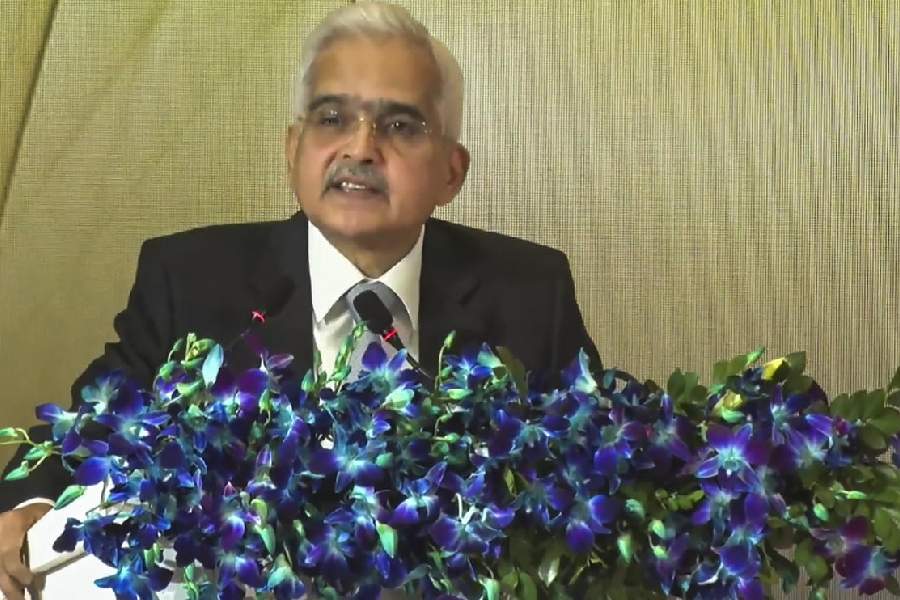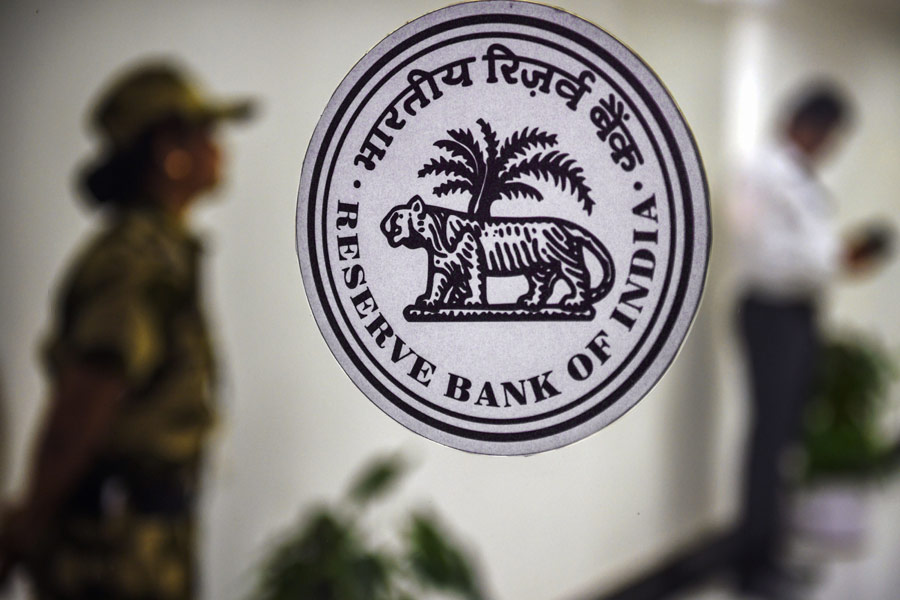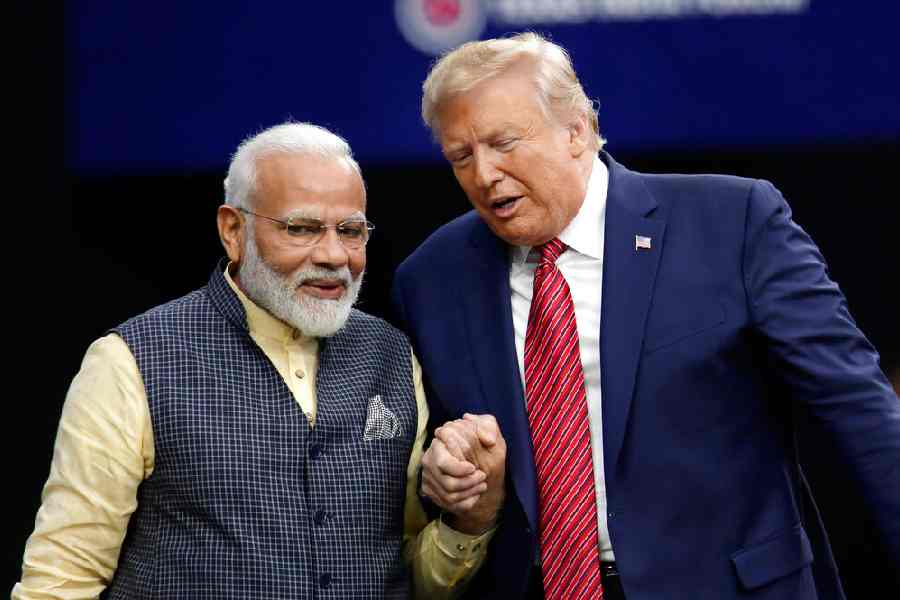India cannot risk another bout of inflation and the best approach currently would be to remain flexible and wait for inflation to durably align with the central bank's target, opined Reserve Bank Governor Shaktikanta Das while voting for status quo on benchmark rates during the last MPC meeting.
"Monetary policy can support sustainable growth only by maintaining price stability," Das said, as per the minutes of the Monetary Policy Committee (MPC) meeting held earlier in the month.
The MPC had decided to keep the benchmark interest rate unchanged at 6.5 per cent. This was the tenth consecutive meeting of MPC when it decided to keep the policy rate unchanged with a majority vote of 5-1.
However, it changed the stance to 'neutral' from the earlier 'withdrawal of accommodation' unanimously.
This was the first meeting of the reconstituted MPC. The three newly-appointed external members are Ram Singh, Saugata Bhattacharya and Nagesh Kumar.
As per the minutes of the meeting, Das said monetary policy can support sustainable growth only by maintaining price stability.
"Taking all these factors into consideration, I vote for changing the stance from withdrawal of accommodation to 'neutral' while keeping the policy repo rate unchanged at 6.50 per cent," he said.
Overall, the Indian economy presents a picture of stability and strength, he said, adding the balance between inflation and growth is well-poised.
Despite the near-term uptick in inflation, the outlook for headline inflation towards the later part of the year and early next year points to further alignment with the 4 per cent target, he said.
"Thus, the conditions are appropriate for a change in monetary policy stance to neutral from withdrawal of accommodation. This would provide greater flexibility and optionality to monetary policy to act in accordance with the evolving outlook. It also provides space to watch out for the uncertainties on the horizon - ranging from heightened geo-political tensions and volatile commodity prices to risks of adverse weather in food inflation," he said.
Expressing a similar view, RBI Deputy Governor Michael Debabrata Patra had said a gradual wait-and-assess approach to removing policy restraint in terms of the policy rate remains appropriate as long as inflation is not lastingly close to its target.
Therefore, he voted for maintaining the status quo on the policy rate but a shift in the stance to neutral in the meeting.
Another member Rajiv Ranjan, Executive Director RBI had said between now and December, there will be greater clarity on some of the uncertainties - US elections, geopolitical risks and Chinese fiscal stimulus and its impact on global commodity prices.
"At this juncture, India's resilient growth story helps us to continue our determined focus on inflation and keep the policy rate unchanged at 6.5 per cent. Hence, I vote for a status quo on rates and change of stance to neutral," Ranjan had said.
External member Nagesh Kumar, who voted for 25 basis point rate cut, had said it was an opportune moment for RBI to start the process of normalizing the monetary policy.
Given that inflationary expectations have been successfully anchored, and industrial demand in both domestic as well as export markets is flagging, a rate cut could help to revive demand and help boost private investment, Kumar had said.
The other two external members--Saugata Bhattacharya and Ram Singh of the reconstituted MPC also voted in favour of the status quo on the rate front. However, they made a case of change of stance to neutral.
"Food inflation is an important source of uncertainty, which has increased in August from the preceding month. Moreover, there is a significant divergence within the food sub-groups," Singh had said.
Going forward, he said, the moderation in headline inflation can be unsteady in the near term due to adverse base effects. Food inflation is expected to moderate later this financial year because of strong kharif and rabi sowing on top of adequate buffer stocks.
Pointing to the current heightened uncertainty, both global and domestic, Bhattacharya had said a very cautious and calibrated approach to easing is called for; the costs of a "policy error" are likely to be large.
"The multi-dimensional implications of a repo rate cut at this time and in the future needs careful evaluation. One of these might be a further and excessive easing of financial conditions; these conditions, to an extent, have already in the recent past resulted in a de facto easing of restrictive policy," he had said.
In addition, he said, structural system liquidity has shifted over time from deficit to surplus, helping to anchor overnight and short-term rates close to the repo rate.
Updates on the ongoing festive season sales and the results of listed private sector corporates for the July-September quarter of FY25 might provide more clarity on evolving demand conditions, he had said.
Except for the headline, this story has not been edited by The Telegraph Online staff and has been published from a syndicated feed.












